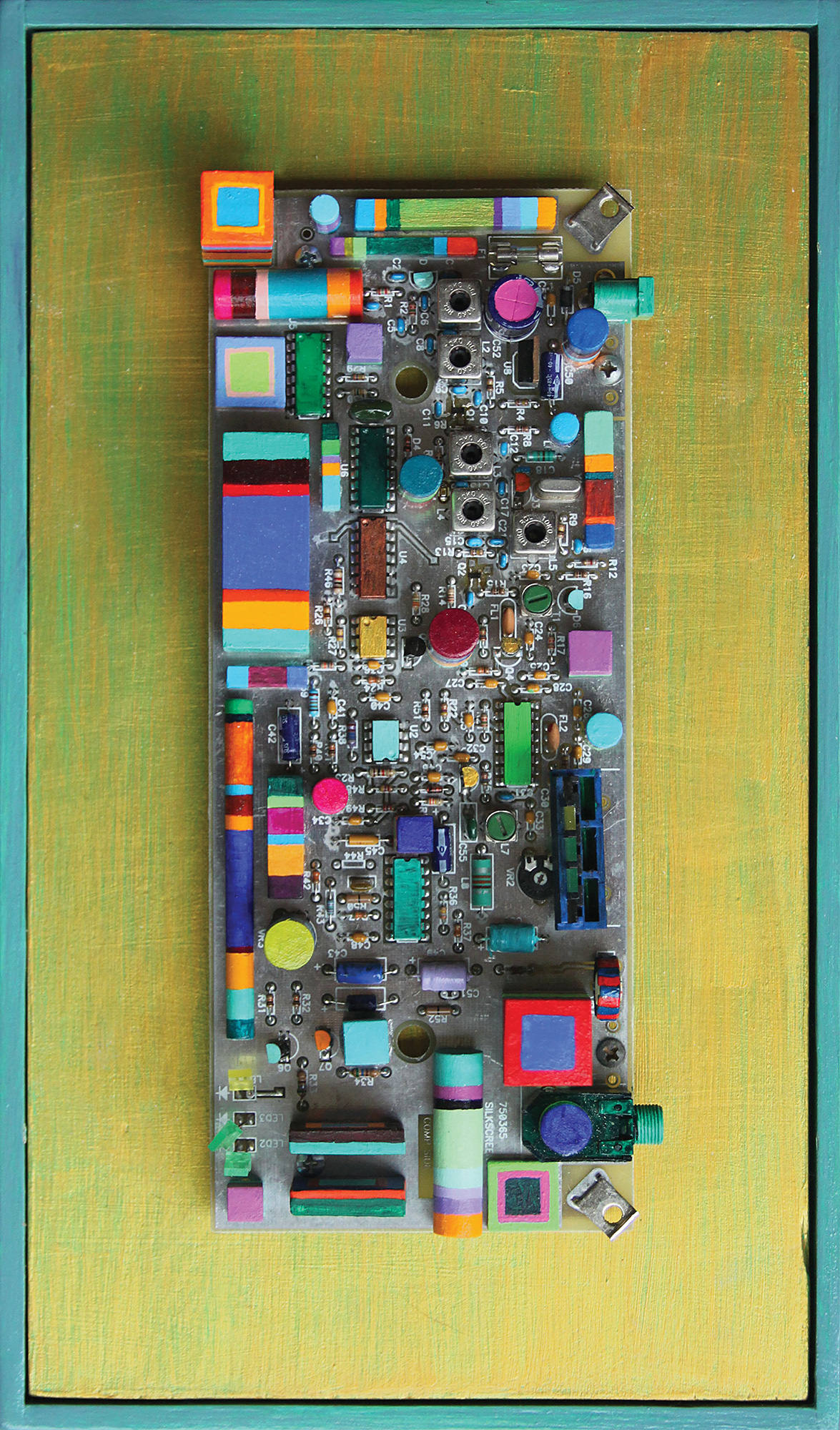First, some semantics. When we audio engineer types use language like warm, or full, or vintage, etc. – generally, we're referencing our penchant for distortion. Our ears have been conditioned by years of analog recording and delivery models to respond to subtle (or sometimes drastic) levels of harmonic distortion and saturation as positive characteristics when listening to music. We jump through innumerable physical and digital hoops to induce just the right amount of distortion to our work. Swedish developer/manufacturer Elektron, while mainly operating in the electronic music and synthesizer spaces, has wisely built a neat little stereo processing toolbox called Analog Heat to help us all chase our next distortion fix. The MKII box is an all-analog desktop sound mangler with a lot of versatility and modulation options that set it apart from more common rack-mounted solutions or saturation plug-ins.
The unit is a solid, metal-framed square following Elektron's minimalist/utilitarian hardware design. On the panel, there is direct access (via super smooth encoders) to every feature with minimal menu diving, and a bright OLED display with excellent visual feedback. You've got eight analog effect circuits to choose from, varying in intensity and application from band-specific enhancements, to pseudo-compression, to full-on sonic shred. The analog multi-mode filter is resonant up to self-oscillation and can be changed from high- or low-pass (two-pole, 12 dB per octave at the extreme) to notch or band-pass modes. The filter sits in the middle of the signal path, between the distortion circuits and the analog two-band EQ. All of these controls can be modulated by an onboard LFO, or envelope, or even patched to one of the two available expression pedal/CV inputs. And of course, there is full MIDI in/out/thru and MIDI-over-USB implementation. Think tempo-synced saturation on a drum bus, paired with a really modulated wicked-sounding filter, and you're starting to grok how the Heat fits into your mixing workflow.
All of the above is noteworthy, but a standout feature (and one I hope Elektron continues to expand its support for) is the integration of Analog Heat with Elektron's Overbridge software suite, which essentially allows you to instantiate this analog outboard gear as a real-time, low latency plug-in in the DAW of your choice. With Overbridge, I can send audio over USB in and out of the Analog Heat – it basically becomes an audio interface – and control the results and audio manipulation via the plug-in UX. I found this feature immediate and immensely useful, though I do wish that higher sample rates were supported and that the Overbridge documentation was a little less of a deep dive down the Elektron forum rabbit hole.
Honestly, this is hands down the most intuitive Elektron hardware I've had the pleasure of using. Although a bit pricy, I could easily see this box becoming central to fixing the never-ending jones for "just the right" amount of distortion. If (like me) warmth is what your ears are addicted to, Analog Heat MKII is your pusherman.




_disp_horizontal_bw.jpg)